Find Help
More Items From Ergsy search
-
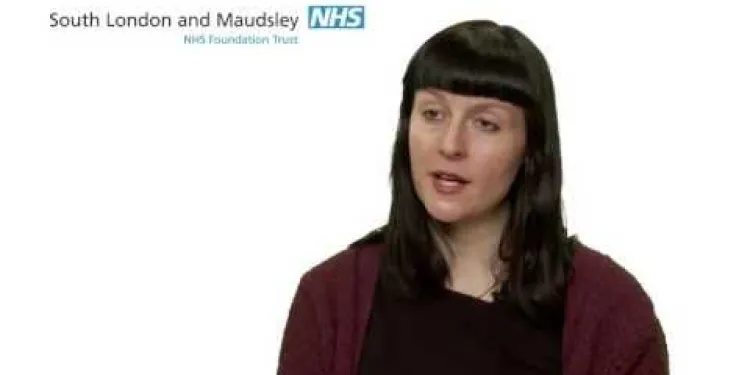
Self Harm
Relevance: 100%
-
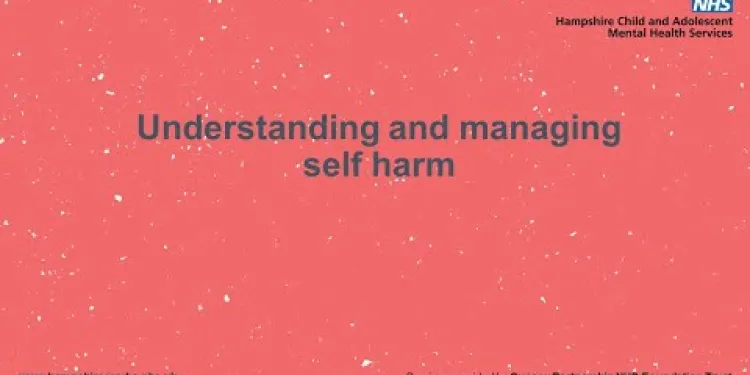
Self Harm
Relevance: 97%
-
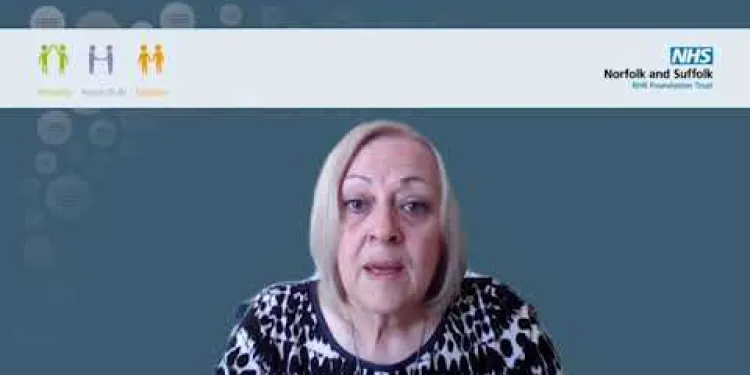
Suicide and Self Harm Prevention Strategy 2023-28
Relevance: 86%
-
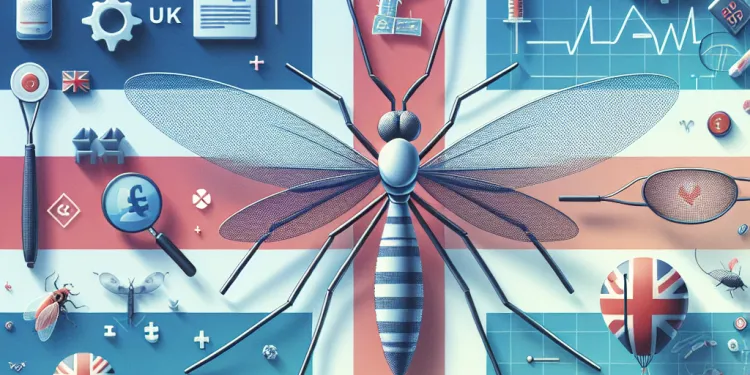
Are mosquito bites in the UK harmful?
Relevance: 47%
-

Is it possible for self-tests to cause harm?
Relevance: 45%
-
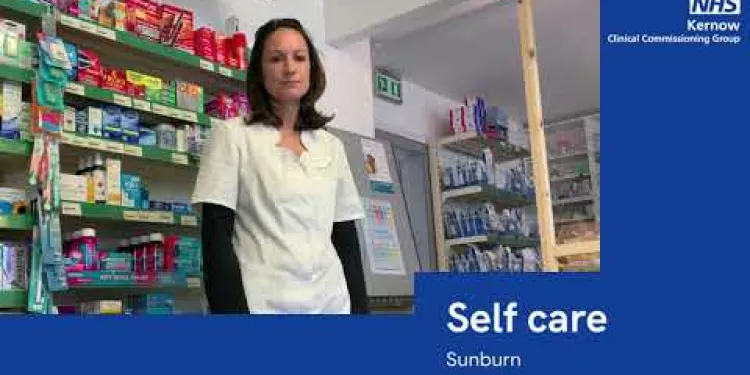
Self care - sunburn
Relevance: 39%
-
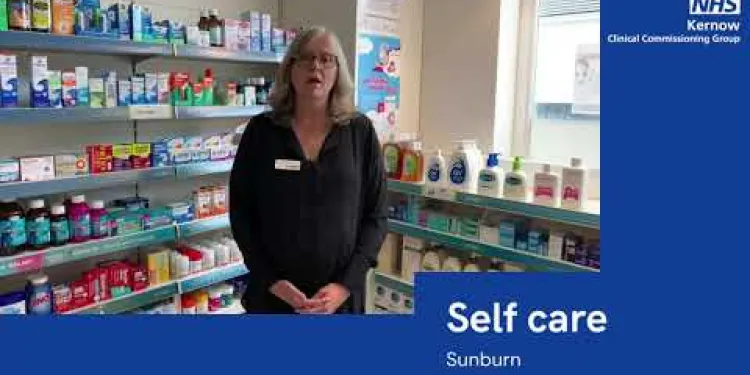
Self care - sunburn
Relevance: 39%
-
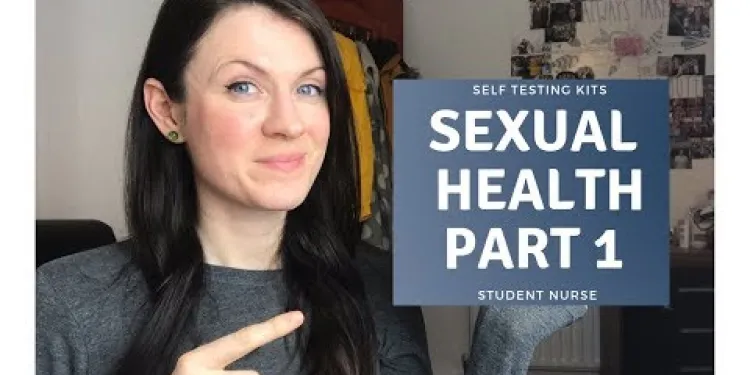
Let's Talk Sexual Health - Home Self Testing Kits
Relevance: 36%
-
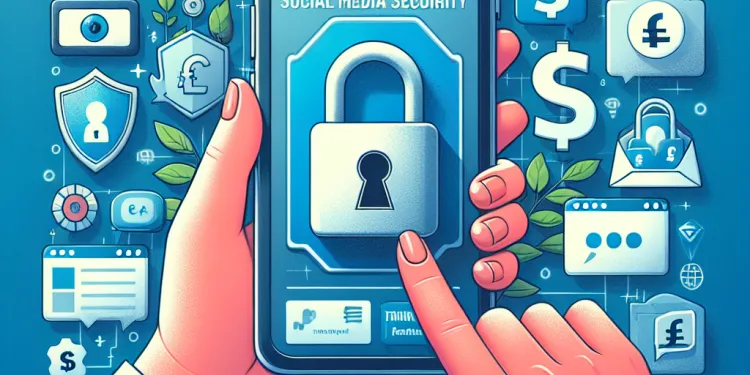
Is it possible for hackers to use my social media posts to cause harm?
Relevance: 36%
-
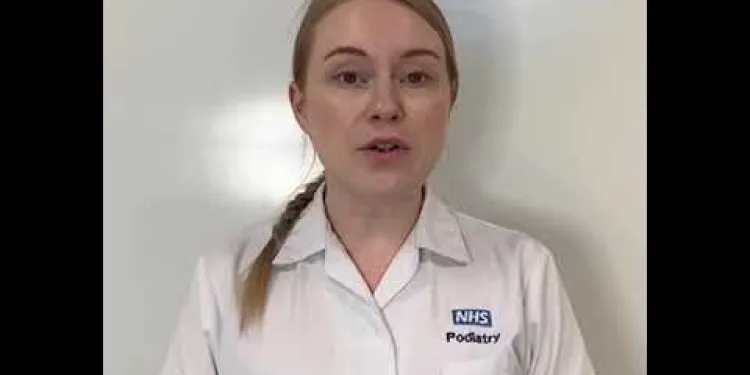
Self care for your feet - Podiatrist
Relevance: 35%
-
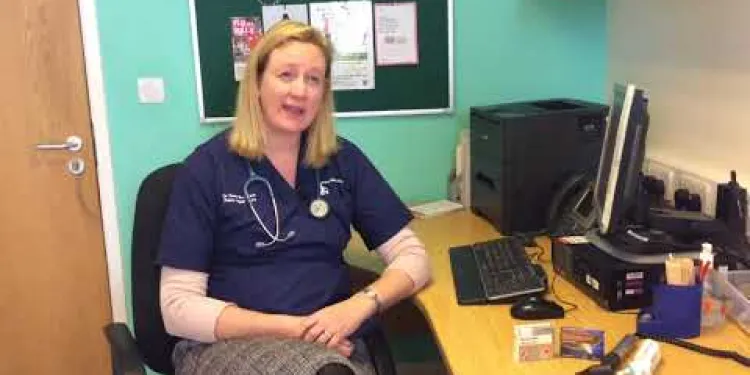
Self care: Treating ear infections
Relevance: 35%
-

Are UK's Post-Pandemic Work Habits Harming Mental Wellbeing?
Relevance: 33%
-
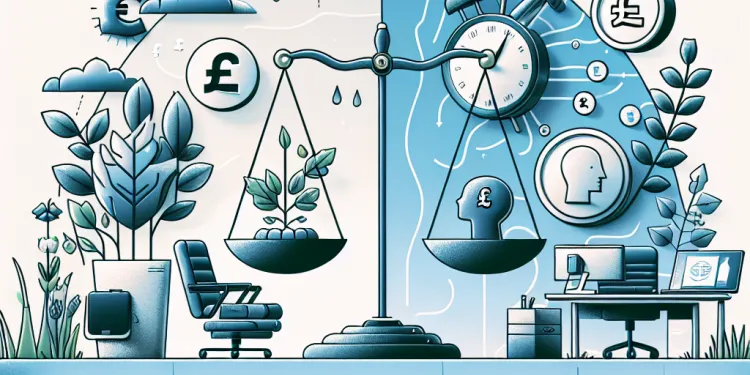
Are UK's Post-Pandemic Work Habits Harming Mental Wellbeing?
Relevance: 30%
-
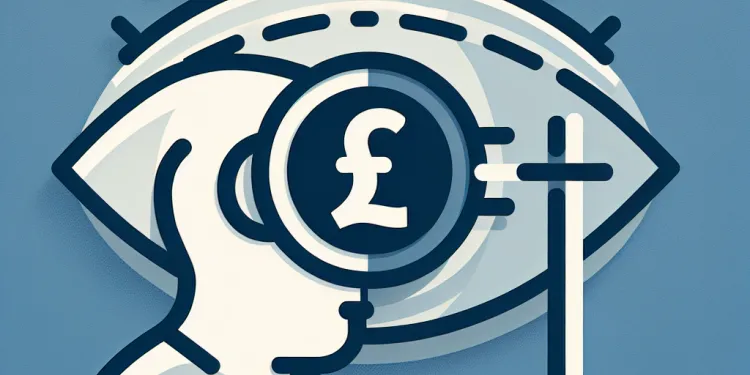
How does self testing for eye patients work?
Relevance: 28%
-
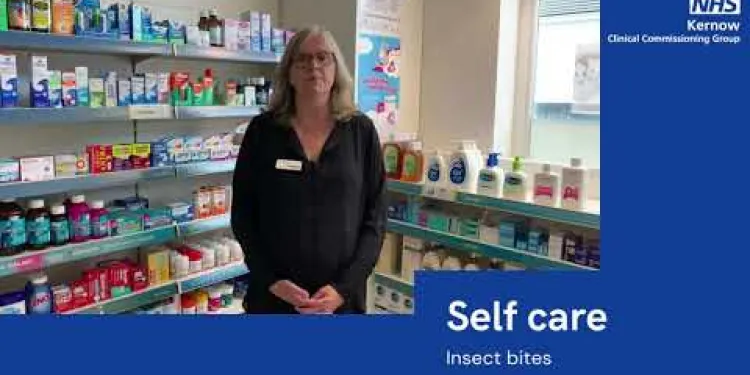
Self care - insect bites
Relevance: 28%
-
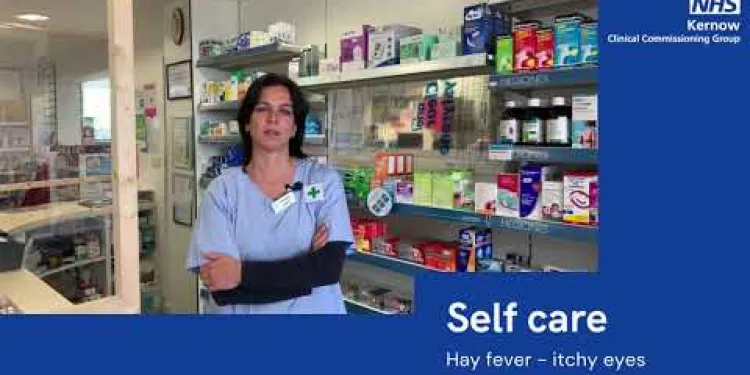
Self care - hay fever itchy eyes
Relevance: 24%
-

Munchausen's syndrome | NHS
Relevance: 22%
-

Let's Talk Sexual Health - Home Self Testing Kits
Relevance: 21%
-
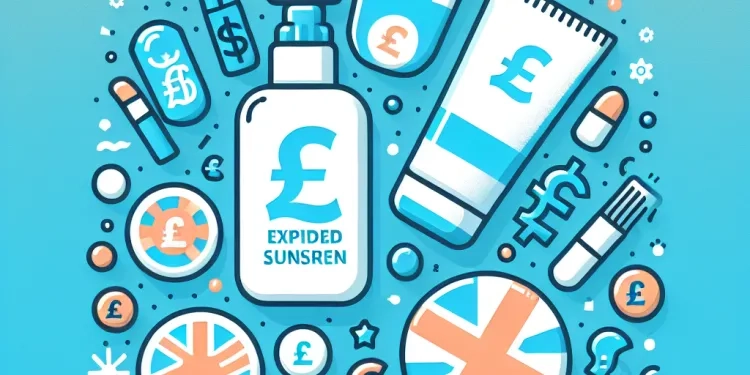
Can I use expired sunscreen?
Relevance: 17%
-

Are UK spiders venomous?
Relevance: 16%
-

Can dark-skinned individuals get sunburned?
Relevance: 13%
-
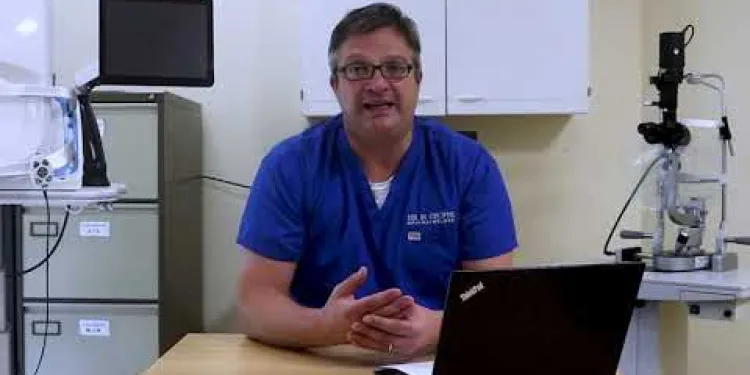
Charles Bonnet Syndrome
Relevance: 13%
-

What is UV radiation?
Relevance: 13%
-
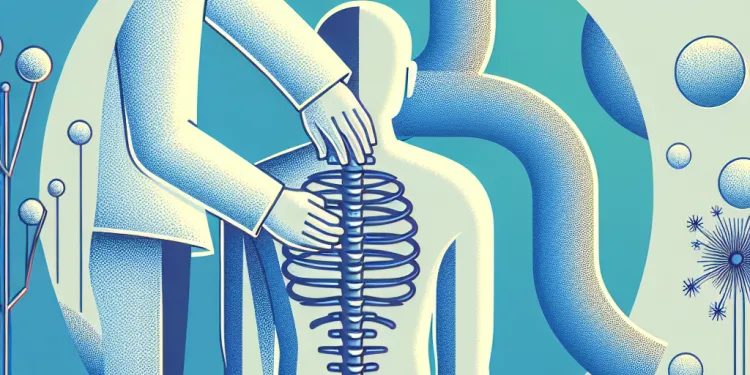
What is the popping sound during a chiropractic adjustment?
Relevance: 12%
-
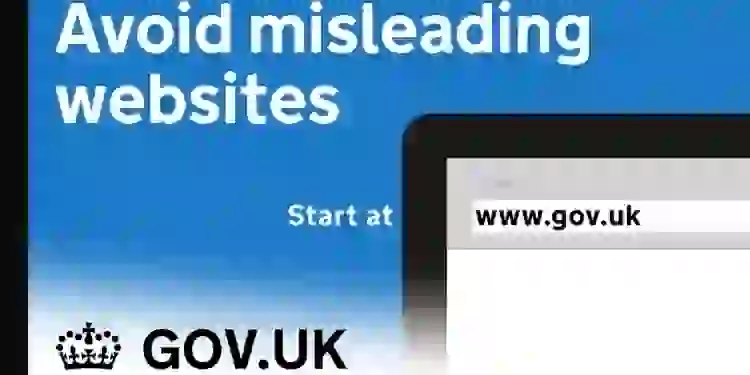
Avoid misleading websites that copy government websites GOV.UK
Relevance: 12%
-

What is a P800 form and how does it relate to my tax refund?
Relevance: 12%
-

Can I apply if I am self-employed?
Relevance: 12%
-
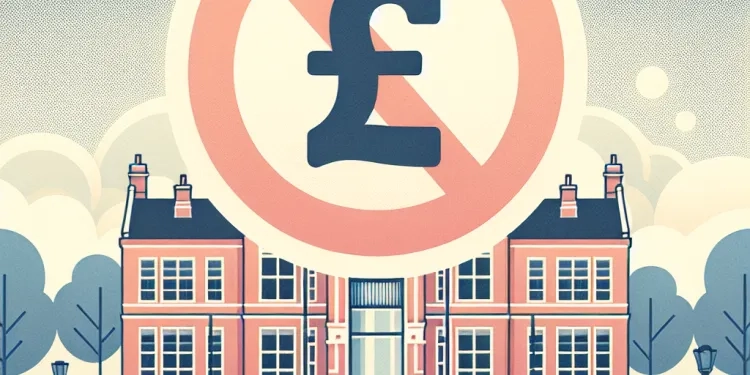
Calls to Ban Vapes Near School Grounds Gain Momentum
Relevance: 11%
-

Can Paracetamol be used in pregnant women?
Relevance: 11%
-
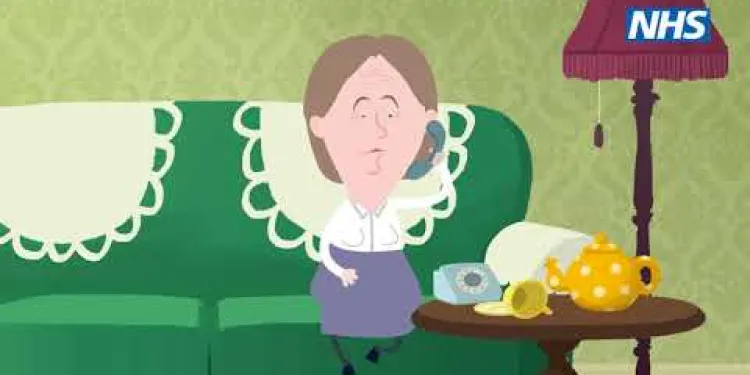
West Midlands LEHN Animated Video on Eye Health
Relevance: 11%
-

Are there any penalties for not complying with a product recall?
Relevance: 11%
-

Do UK spiders pose a threat to pets?
Relevance: 11%
-

Rise in Childhood Asthma Linked to Air Pollution in Urban Areas
Relevance: 11%
-
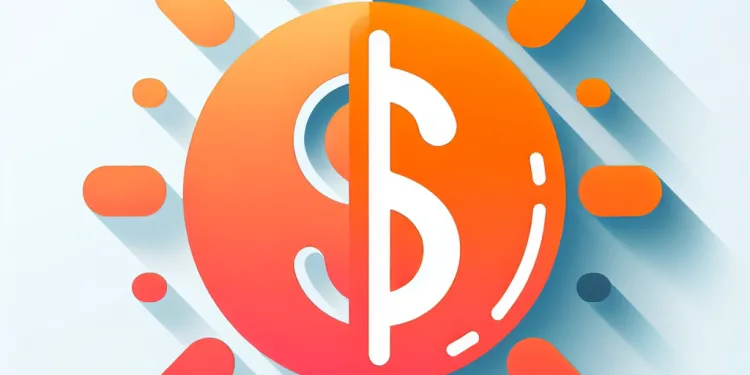
Can sunburn turn into a tan?
Relevance: 11%
-

What are the potential consequences for a company that fails to recall a dangerous product?
Relevance: 10%
-

How are product recalls managed in the UK?
Relevance: 10%
-
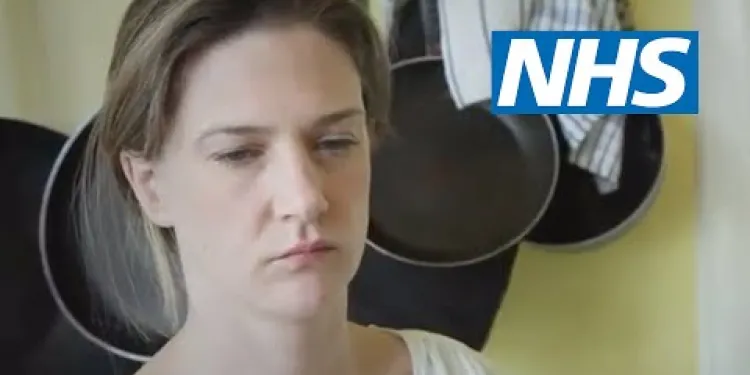
How can I cope with morning sickness? | NHS
Relevance: 10%
-

What should businesses do if they discover a product defect?
Relevance: 10%
-

Are there non-venomous spiders in the UK?
Relevance: 10%
-

What are UVA and UVB rays?
Relevance: 10%
Understanding Self Harm
What is Self Harm?
Self harm is the act of deliberately inflicting pain and damage to one’s own body. This behavior is often a coping mechanism for dealing with overwhelming emotions, stress, or trauma. Common forms of self harm include cutting, burning, hitting oneself, and other actions that cause physical injury.
Causes and Risk Factors
There are many reasons why someone might self harm. Mental health conditions such as depression, anxiety, borderline personality disorder, or post-traumatic stress disorder (PTSD) may contribute. Other risk factors include experiencing abuse, feeling isolated, or struggling with low self-esteem.
Recognizing the Signs
Recognizing the signs of self harm can be challenging, as many individuals go to great lengths to hide their injuries. Physical signs may include unexplained cuts, bruises, or scars, often on the wrists, arms, thighs, or abdomen. Behavioral signs might involve wearing long sleeves or pants even in warm weather, withdrawal from social activities, or displaying signs of emotional distress.
Getting Help and Support
If you or someone you know is struggling with self harm, it’s crucial to seek professional help. In the United Kingdom, organizations such as Samaritans, Mind, and the National Health Service (NHS) offer resources and support. Talking to a trusted friend, family member, or a mental health professional can also be a vital step in addressing the underlying issues and developing healthier coping strategies.
Preventing Self Harm
Prevention involves addressing the root causes and providing a support system. Schools, communities, and healthcare providers can play a role by offering education on mental health, promoting open communication, and ensuring access to counseling services. It's essential to create a safe and understanding environment where individuals feel they can seek help without judgment.
Understanding Self Harm
What is Self Harm?
Self harm is when someone hurts their own body on purpose. It is a way some people deal with strong feelings, stress, or bad experiences. People might cut, burn, or hit themselves to feel better.
Causes and Risk Factors
People might self harm for different reasons. It might be because they feel sad or worried, or they have a mental health issue like depression or anxiety. Other reasons might be feeling alone, having been hurt by others, or not feeling good about themselves.
Recognizing the Signs
It can be hard to notice when someone is self harming because they might hide it. Look for unexplained injuries like cuts or bruises on the wrists, arms, or legs. They might also wear long clothes in warm weather or avoid being with friends. They might also seem very upset.
Getting Help and Support
If you or someone you know is self harming, it's important to talk to someone who can help. In the UK, you can contact groups like Samaritans or Mind. Talking to someone you trust like a friend, family member, or a doctor can be a big help. They can help you find new ways to deal with feelings.
Preventing Self Harm
To prevent self harm, it's important to understand why it happens and to have people to support you. Schools, communities, and doctors can help by talking about mental health and making sure people can get help. It's important to feel safe and know that people will help without judging you.
Frequently Asked Questions
What is self-harm?
Self-harm refers to any behaviour where someone intentionally causes harm to their own body. This includes cutting, burning, bruising, or taking overdoses, among other actions.
Who is most at risk for self-harm?
Self-harm can affect people of any age, gender, or background, but it is most common among teenagers and young adults. Factors such as mental health conditions, trauma, and stress increase the risk.
Why do people self-harm?
People may self-harm to cope with emotional pain, feelings of numbness, or overwhelming situations. It can be a way to express difficult emotions or exert control over one’s own body.
Is self-harm a suicide attempt?
Not necessarily. While some may self-harm with suicidal intent, many people self-harm as a way to deal with intense emotions or to feel a sense of relief. It’s important to differentiate the two but always take self-harm seriously.
What are the signs that someone might be self-harming?
Signs include unexplained cuts, burns, or bruises, wearing long sleeves or pants even in hot weather, frequent 'accidents,' and finding sharp objects or other means of self-injury.
How should I approach someone I suspect is self-harming?
Approach them with empathy and without judgement. Express your concern and willingness to listen. Encourage them to seek professional help but avoid pressuring them.
What treatments are available for self-harm?
Treatments include therapy (such as Cognitive Behavioural Therapy or Dialectical Behaviour Therapy), medication for underlying mental health conditions, and support groups. A GP or mental health professional can help to create a tailored treatment plan.
Can self-harm be prevented?
While it’s not always possible to prevent self-harm, fostering a supportive environment, teaching healthy coping strategies, and promoting mental well-being can reduce the risk. Early intervention is crucial.
Is self-harm common in the UK?
Yes, self-harm is a significant issue in the UK, particularly among young people. Research indicates that about 1 in 10 young people self-harm at some point.
What resources are available in the UK for those self-harming?
Resources include the NHS, charities like Mind and Samaritans, and specialized self-harm support groups. Many organisations offer helplines, counselling, and online resources.
How can I help a loved one who is self-harming?
Offer emotional support, encourage them to seek professional help, and educate yourself about self-harm. Avoid being critical or dismissive of their feelings.
Is there a stigma around self-harm?
Yes, there is often stigma and misunderstanding around self-harm. This can make it harder for individuals to seek help. Increasing awareness and understanding can help reduce stigma.
What role do schools play in addressing self-harm?
Schools can play a crucial role by providing mental health education, creating a supportive environment, training staff to recognise signs of self-harm, and offering access to counselling services.
What should I do if I feel the urge to self-harm?
Try to delay the urge by using distraction techniques such as talking to someone, exercising, or engaging in a creative activity. Seek professional help to address the underlying issues.
Are there any online communities or forums for self-harm support?
Yes, there are various online communities and forums where individuals can find support and share their experiences. However, ensure the community promotes positive and healthy coping mechanisms.
What is self-harm?
Self-harm means hurting your own body on purpose. It can be things like cutting or scratching yourself. Some people do this when they are very upset or sad.
If you or someone you know is hurting themselves, it's important to talk to someone who can help. This can be a trusted adult, like a parent or teacher, or a counselor.
There are tools and techniques that can help people who self-harm. Here are some ideas:
- Use a stress ball or squeeze a soft toy when you feel upset.
- Draw on paper or color in a coloring book to help calm your mind.
- Take deep breaths or listen to calming music to relax.
Remember, it’s okay to ask for help when you need it.
Self-harm means hurting yourself on purpose. People might cut, burn, or bruise themselves or take too much medicine.
Who might hurt themselves the most?
Some people might feel like hurting themselves. Here are some people who might do this:
- Young people who feel very sad or upset.
- People who are having a hard time at school or home.
- People who feel alone or worried.
If you or someone you know is feeling this way, it is important to talk to a trusted adult or a friend. You can also call a helpline for help.
Anyone can hurt themselves on purpose. It can happen to boys and girls, young and old. But it happens a lot with teenagers and young adults. Things like feeling very sad, going through bad experiences, or being under a lot of stress can make it more likely to happen.
If you need help, you can talk to someone you trust, like a parent, teacher, or friend. You can also call a helpline for support. Remember, there are people who care and want to help you feel better.
Why do people hurt themselves?
Sometimes people hurt their own bodies. This can be because they feel very upset or sad. They might think it helps them feel better.
If you or someone you know feels this way, it is important to talk to a grown-up or a doctor who can help. They can listen and offer support.
Here are some ways to feel better without hurting yourself:
- Talk to someone you trust about your feelings.
- Write down your feelings in a diary.
- Do something fun, like drawing or playing a game.
- Try deep breathing to calm down when you feel upset.
Some people hurt themselves because they are sad, feel nothing, or things are too much for them. Hurting themselves can show how they feel or make them feel in control.
Is self-harm trying to end your life?
Self-harm means hurting yourself on purpose. It is not always trying to end your life. People might do it to cope with sad feelings.
If you feel like hurting yourself, talk to someone you trust. This could be a friend, family member, or a teacher.
There are tools and techniques that can help:
- Draw on your skin with a red pen instead of hurting yourself.
- Hold an ice cube in your hand until it melts.
- Rip up paper to let out feelings.
- Talk to a therapist or counselor who can listen and help.
Remember, you are not alone. There are people who care and want to help you feel better.
Self-harm doesn't always mean someone wants to end their life. Some people hurt themselves because they are feeling really strong emotions and it helps them feel better. It's very important to understand the difference, but we should always be concerned when someone is hurting themselves.
Signs Someone Might Be Hurting Themselves
Self-harming means hurting yourself on purpose. Here are some signs to look out for:
- Cuts, bruises, or burns on the body.
- Wearing long sleeves or pants, even when it is hot.
- Avoiding talking about feelings.
- Feeling sad or alone a lot.
- Keeping away from friends and family.
If you think someone is hurting themselves, talk to a trusted adult. You can also help by being kind and listening to them.
There are tools and techniques that can help, like:
- Talking to a therapist or counselor.
- Writing feelings down in a diary.
- Doing relaxing activities, like drawing or listening to music.
There are signs you can look for. Someone might have cuts, burns, or bruises they can't explain. They might wear long sleeves or pants even when it's hot outside. They might have a lot of 'accidents'. You might also find sharp things or other objects they could use to hurt themselves.
How can I talk to someone who might be hurting themselves?
It can be hard if you think someone is hurting themselves. Here are some simple steps to help:
- Be kind: Talk to them when you are both calm. Use a gentle voice.
- Listen: Let them share their feelings. Don’t rush them.
- Show you care: Tell them you are worried and want to help.
- Give support: Offer to find help together, like a doctor or counselor.
- Be patient: They might need time to open up.
It’s important to let them know they are not alone. You can also talk to an adult you trust for advice and help.
Talk to them kindly and don't judge. Tell them you care and will listen. Suggest they talk to a doctor or counselor but don't push them.
What Can Help Someone Who Hurms Themselves?
When someone hurts themselves, there are things that can help. Here are some ideas:
- Talk to Someone: It helps to tell an adult you trust, like a parent, teacher, or doctor.
- Visit a Doctor: Doctors can help you understand why you hurt yourself and give advice.
- See a Therapist: A therapist is a person who talks to others about their feelings and helps them feel better.
- Join a Support Group: Being with others who understand can make you feel less alone.
- Learn New Ways to Cope: Playing games, drawing, or writing can help when you feel like hurting yourself.
Remember, you are not alone, and there are people who can help you. Asking for help is a good thing.
There are different ways to feel better. You can talk to a therapist. Some types of talking help are called CBT or DBT. If you have other feelings like being very sad, a doctor might give you medicine to help. Joining a group where people talk about their feelings can also be good. A family doctor or mental health worker can help make a plan just for you.
Can we stop people from hurting themselves?
Yes, we can help people not hurt themselves. Here are some ways:
- Talk to someone: It's good to tell a trusted adult, like a parent, teacher, or counselor, how you feel.
- Learn new ways to cope: Try drawing, writing, or playing a sport to feel better.
- Be with friends: Spend time with people who make you happy.
- Ask for professional help: A doctor or therapist can help you feel better.
- Use calming apps: Apps that help you relax can be useful.
We can't always stop people from hurting themselves, but we can help. We can make a safe place, teach ways to handle tough feelings, and help people feel good. Helping early is very important.
Do many people in the UK hurt themselves?
Yes, many people in the UK hurt themselves. This is called self-harm. If you or someone you know is doing this, it is important to talk to someone like a doctor or a trusted adult.
Some tools can help you feel better. You can try:
- Talking to a trusted friend.
- Writing down your feelings in a journal.
- Doing something you enjoy, like drawing or listening to music.
Remember, you are not alone, and there are people who want to help you.
Yes, hurting yourself is a big problem in the UK. It happens a lot with young people. Research shows that about 1 in 10 young people hurt themselves at some time.
To make reading easier, try using tools that turn text into speech or larger fonts. Remember, it’s okay to ask for help if you or someone you know is self-harming.
What help can people who hurt themselves get in the UK?
People who hurt themselves can get help. Here are some things that can help:
- Talking to Someone: Talk to a friend, family member, or teacher. They can listen and help.
- Helplines: Call or text a helpline to talk to someone who cares.
- Seeing a Doctor: Visit a doctor. They can give advice and support.
- Support Groups: Join a group with people who understand.
- Websites: Look online for more information and advice.
It is important to ask for help. You are not alone.
There are places that can help you, like the NHS, charities called Mind and Samaritans, and special groups that help people who hurt themselves. They have phone lines, people you can talk to, and stuff you can read online.
How can I help someone I care about who is hurting themselves?
If you know someone who is hurting themselves, here are some ways to help:
- Be Kind and Listen: Talk to them gently. Listen to what they have to say. Let them know you care.
- Encourage Them: Suggest that they talk to a doctor, teacher, or counselor. These people can often help.
- Stay Calm: It is important to stay calm, even if you feel worried or upset.
- Be There for Them: Spend time doing things together. Let them know they are not alone.
If you need more help, you can:
- Use support apps or websites for advice.
- Call support lines to speak to someone who can guide you.
Be kind and listen to your friend. Tell them to talk to a doctor or a counselor. Learn more about self-harm so you can understand. Don't say hurtful things or ignore their feelings.
Do people think badly about self-harm?
Some people feel ashamed to talk about self-harm. They might worry others will judge them. It is important to remember that self-harm is not something to be ashamed of. Talking to someone you trust can help. Here are some tips and tools:
- Talk to a friend or family member you trust.
- Write down your feelings in a diary.
- Call a support helpline for help.
Yes, people often do not understand self-harm. This can make it hard for someone to ask for help. Learning more can help people be kinder and more helpful.
How do schools help when kids hurt themselves?
Schools can help a lot by teaching about feelings and mental health. They can make sure everyone is kind and supportive. They should train teachers to notice if someone is hurting themselves and have counsellors who can help.
What can I do if I want to hurt myself?
Here are some things that can help:
- Talk to someone you trust, like a friend, parent, or teacher.
- Write down your feelings in a journal.
- Listen to music that makes you feel good.
- Go for a walk or do some exercise.
- Draw, paint, or do something creative.
- Try taking deep breaths to calm down.
Remember, you are not alone. People care about you and want to help. It is important to reach out and ask for help when you need it. You can also call a help line to talk to someone right away.
If you feel a strong urge to do something and want to wait, you can try doing other things to take your mind off it. You can:
- Talk to a friend or someone you trust.
- Go for a walk or do some exercise.
- Draw, paint, or do something creative and fun.
If you still feel like you need help, you can talk to a doctor or someone who knows how to help with big feelings. They can help you understand why you feel this way and what to do next.
Can I find help for self-harm online?
Yes, there are places on the internet where you can talk to others about self-harm.
These are safe spaces where people can share their feelings and support each other.
You might want to use features like spell-check or read-aloud tools to help you understand and join in.
Yes, there are online groups where people can talk and help each other. These groups are good for sharing how you feel. Make sure the group helps people in a positive way.
Useful Links
Useful links from: Mental Health Support for Families: Resources and Helplines
- NHS Mental Health Services Information on mental health services available through the National Health Service, including how to access support.
- Mind Mind provides advice and support to empower anyone experiencing a mental health problem. Includes information for families.
- Rethink Mental Illness Rethink Mental Illness offers support and advice for those affected by mental illness, including resources specifically for families and carers.
- YoungMinds YoungMinds is a leading charity fighting for children and young people's mental health. Offers resources and support for families.
Useful links from: Mental Health Support for Families: Resources and Guidance
- NHS Mental Health Support for Families This NHS page provides contact details for various helplines and support services for mental health, designed to help families and individuals cope with mental health issues.
- Mind - Mental Health Support for Families Mind offers a range of resources and support services for families struggling with mental health issues. The site includes information for parents and carers supporting children and young people.
- YoungMinds - Parent Helpline and Webchat YoungMinds provides a dedicated helpline and webchat service for parents and carers concerned about their child's mental health. The site also offers guidance and resources on a variety of mental health conditions.
- Rethink Mental Illness - Advice for Carers Rethink Mental Illness provides a Carers' Hub with resources and information tailored to the needs of family members and friends who are supporting someone with a mental illness.
Useful links from: Mental Health Support Services in the UK
- NHS Mental Health Services Provides an overview of available NHS mental health services, including how to access help, self-care tips, and information on a range of mental health conditions.
- Mind Mind is a leading mental health charity in the UK that offers advice and support, including information on various mental health issues, resources for coping, and options for finding help.
- Rethink Mental Illness Rethink provides expert, accredited advice and information to everyone affected by mental health problems. They offer specific resources for carers and individuals dealing with mental illness.
- Samaritans Samaritans offer a safe place for you to talk any time you like, in your own way – about whatever’s getting to you. You don’t have to be suicidal to get in touch.
Useful links from: Talking about self-harm | NHS
- NHS - Help for Self-Harm Official NHS page providing information about self-harm, including how to get help, treatment options, and support resources.
- Mind - Understanding Self-Harm Mind's comprehensive guide on self-harm, covering reasons why people self-harm, how to support someone who is self-harming, and where to find help.
- Samaritans - Self-Harm Samaritans provide support and resources for individuals who self-harm, including a 24-hour helpline for those in need of immediate assistance.
- Rethink Mental Illness - Self-Harm Support and Resources Rethink Mental Illness offers information on self-harm symptoms, treatment options, and resources for those affected by self-harm.
Useful links from: Suicide and Self Harm Prevention Strategy 2023-28
- NHS - Helping Someone Else Guidance from the NHS on how to help someone else who may be considering suicide or self-harm, focusing on recognizing warning signs and providing support.
- Samaritans - Suicide Prevention Samaritans provide information on suicide prevention, including advice on how to support someone who is struggling and resources for those in need.
- Mind - Crisis Services and Emergency Support Mind offers various resources for those in crisis, including immediate support options, ways to manage suicidal feelings, and contact information for emergency services.
- Rethink Mental Illness - Suicide Prevention Rethink Mental Illness provides advice on helping someone at risk of suicide and self-harm, with information tailored for carers and family members.
Useful links from: Self Harm
- NHS - Help for Self-Harm Information from the National Health Service (NHS) on self-harm, including what it is, why people do it, and how to get help.
- Mind - Understanding Self-Harm Mind is a UK-based charity providing information and support for those affected by mental health problems, including self-harm.
- Rethink Mental Illness - Self-Harm Rethink Mental Illness is a charity supporting people with mental health concerns in the UK, offering advice and information specifically on self-harm.
- YoungMinds - Self-Harm YoungMinds is a UK charity focused on the mental health of children and young people, with resources and support for dealing with self-harm.
- Ergsy carfully checks the information in the videos we provide here.
- Videos shown by Youtube after a video has completed, have NOT been reviewed by ERGSY.
- To view, click the arrow in centre of video.
- Most of the videos you find here will have subtitles and/or closed captions available.
- You may need to turn these on, and choose your preferred language.
- Go to the video you'd like to watch.
- If closed captions (CC) are available, settings will be visible on the bottom right of the video player.
- To turn on Captions, click settings .
- To turn off Captions, click settings again.
More Items From Ergsy search
-

Self Harm
Relevance: 100%
-

Self Harm
Relevance: 97%
-

Suicide and Self Harm Prevention Strategy 2023-28
Relevance: 86%
-

Are mosquito bites in the UK harmful?
Relevance: 47%
-

Is it possible for self-tests to cause harm?
Relevance: 45%
-

Self care - sunburn
Relevance: 39%
-

Self care - sunburn
Relevance: 39%
-

Let's Talk Sexual Health - Home Self Testing Kits
Relevance: 36%
-

Is it possible for hackers to use my social media posts to cause harm?
Relevance: 36%
-

Self care for your feet - Podiatrist
Relevance: 35%
-

Self care: Treating ear infections
Relevance: 35%
-

Are UK's Post-Pandemic Work Habits Harming Mental Wellbeing?
Relevance: 33%
-

Are UK's Post-Pandemic Work Habits Harming Mental Wellbeing?
Relevance: 30%
-

How does self testing for eye patients work?
Relevance: 28%
-

Self care - insect bites
Relevance: 28%
-

Self care - hay fever itchy eyes
Relevance: 24%
-

Munchausen's syndrome | NHS
Relevance: 22%
-

Let's Talk Sexual Health - Home Self Testing Kits
Relevance: 21%
-

Can I use expired sunscreen?
Relevance: 17%
-

Are UK spiders venomous?
Relevance: 16%
-

Can dark-skinned individuals get sunburned?
Relevance: 13%
-

Charles Bonnet Syndrome
Relevance: 13%
-

What is UV radiation?
Relevance: 13%
-

What is the popping sound during a chiropractic adjustment?
Relevance: 12%
-

Avoid misleading websites that copy government websites GOV.UK
Relevance: 12%
-

What is a P800 form and how does it relate to my tax refund?
Relevance: 12%
-

Can I apply if I am self-employed?
Relevance: 12%
-

Calls to Ban Vapes Near School Grounds Gain Momentum
Relevance: 11%
-

Can Paracetamol be used in pregnant women?
Relevance: 11%
-

West Midlands LEHN Animated Video on Eye Health
Relevance: 11%
-

Are there any penalties for not complying with a product recall?
Relevance: 11%
-

Do UK spiders pose a threat to pets?
Relevance: 11%
-

Rise in Childhood Asthma Linked to Air Pollution in Urban Areas
Relevance: 11%
-

Can sunburn turn into a tan?
Relevance: 11%
-

What are the potential consequences for a company that fails to recall a dangerous product?
Relevance: 10%
-

How are product recalls managed in the UK?
Relevance: 10%
-

How can I cope with morning sickness? | NHS
Relevance: 10%
-

What should businesses do if they discover a product defect?
Relevance: 10%
-

Are there non-venomous spiders in the UK?
Relevance: 10%
-

What are UVA and UVB rays?
Relevance: 10%